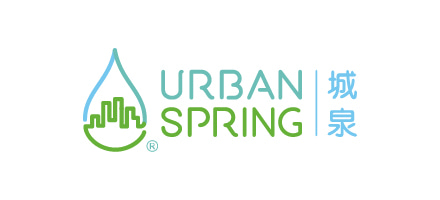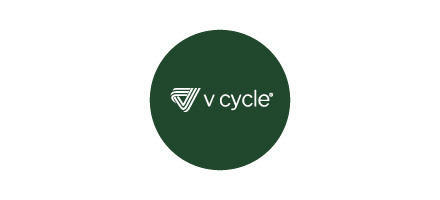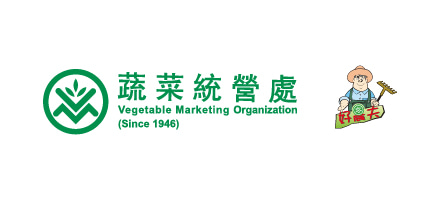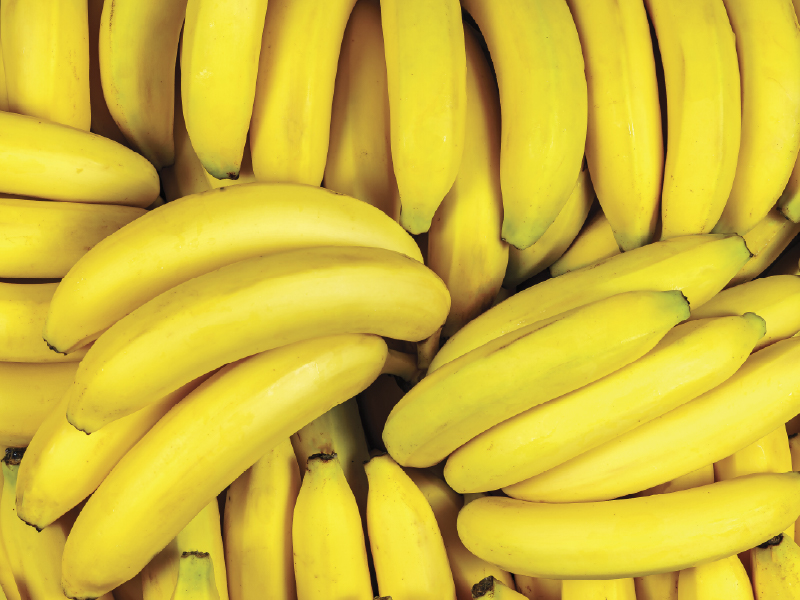
Bananas
Bananas
Did you know that we almost lost the banana once? In the 1960s, the Gros Michel or “Big Mike” banana was the most popular banana variety in the world. The spread of Panama disease, however, wiped out nearly all the banana trees. The yellow bananas we know, and love today belong to the Cavendish species, which survived Panama disease. However, even the Cavendish banana is not safe today. A new strain of the Panama disease called TP4, together with Black Sigatoka disease, is causing great damage to Cavendish banana plantations. To make things worse, warmer weather caused by climate change could make Black Sigatoka fungus infestations even more severe.
What can we do?
Scientists are experimenting with genetic engineering technology to enhance bananas’ resistance to fungus. We also can choose Fair Trade bananas to support farmers who are working to improve soil health and helping their banana trees build up natural immunity against diseases. Fair Trade also helps pay farmers a fair wage!
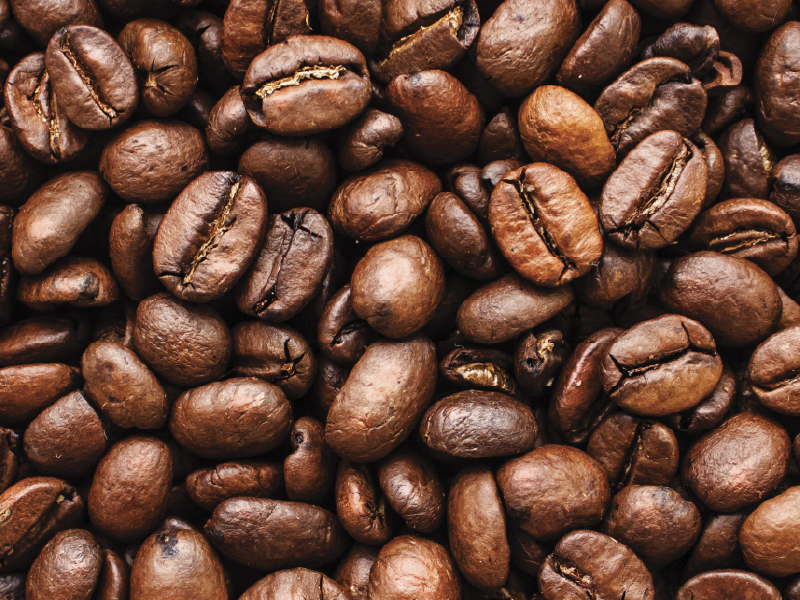
Coffee
Coffee
Although there are over 120 varieties of coffee beans in the wild, the world’s coffee production relies on two species: Arabica and Robusta. Arabica beans are grown in equatorial countries such as Ethiopia, Colombia, and Brazil.
However, because climate change is causing temperature increases and extreme rainfalls, scientists at the Kew Royal Botanic Gardens in the United Kingdom have predicted that the number of places where wild Arabica coffee grows could decrease by 85% before 2080. Coffee plantations in Colombia are already impacted by these trends, and more dangers could come from the spread of a “coffee rust” fungus that reduces the trees’ yields.
What can we do?
Choose coffee that is Fair Trade Certified and certified by the Rainforest Alliance. Buying Fair Trade Certified coffee means the farmers are paid a Fairtrade Premium to help them invest in sustainable farming methods; the Rainforest Alliance certification also supports farmers that farm with climate smart methods to grow healthier and more bountiful crops.
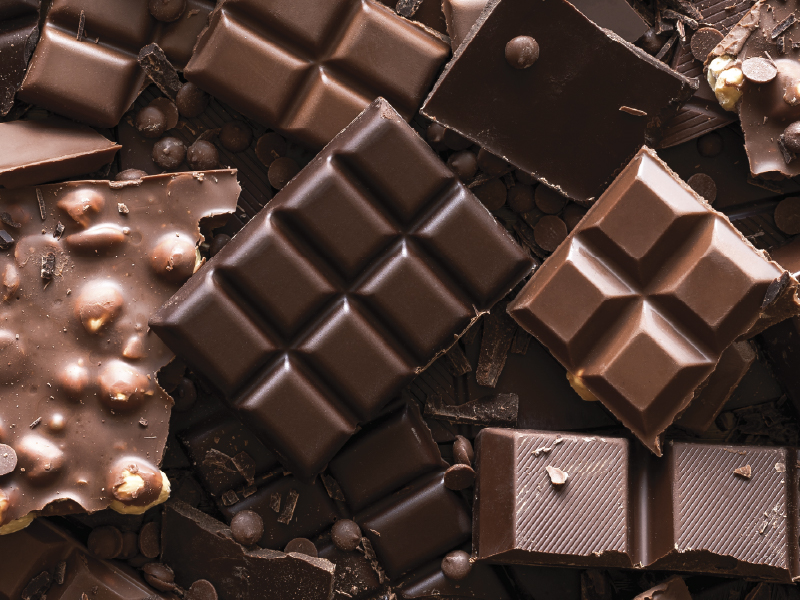
Chocolate
Chocolate
Cacao, the seed from which chocolate is made, can only grow in areas with high humidity, rainfall, and nitrogen-rich soil. That means only regions around 20° north and south of the equator are suitable. This is also the reason why West Africa (Ivory Coast and Ghana) is the leading producer of the world's cacao beans.
According to a 2014 IPCC report, climate change projections show that higher temperatures and evapotranspiration will seriously affect cacao plantations, leading to 90% of current cacao planting sites becoming unsuitable for production by 2050.
What can we do?
Eat sustainably and responsibly sourced chocolate, especially those that are Fair Trade Certified. Doing so gives cacao farmers the support they need to invest in better farming methods to protect against climate change.
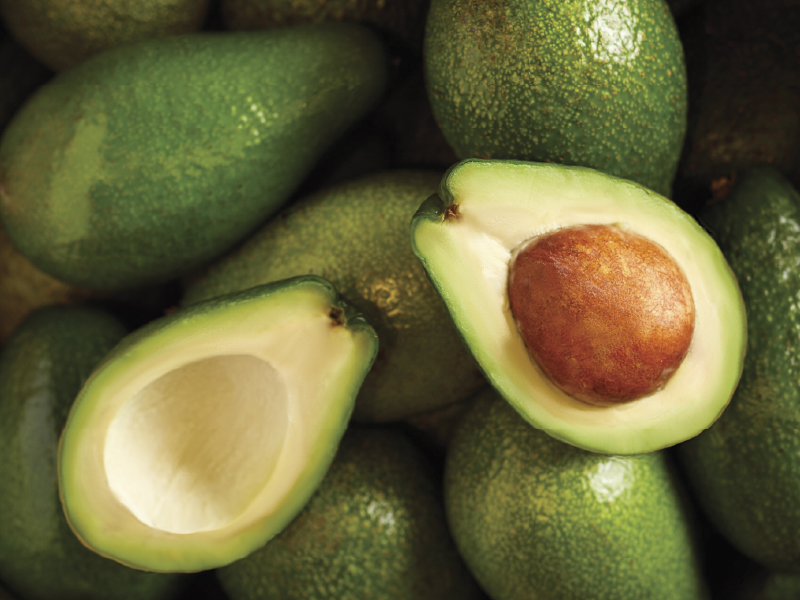
Avocado
Avocado
Avocados are among the most water-intensive crops and are often responsible for causing water stress in regions where they are grown.
Droughts will become more frequent and serious as climate change worsens, and avocado harvests in Mexico, one of the largest producers of avocados, have already been affected. A study done in 2017 by the University of California predicts that up to half of California’s avocado population will be lost by 2050 due to climate variations.
What can we do?
Be informed about what you are eating and where it is sourced from. While switching to a plant-based diet is good for our health and the planet, consuming less imported produce will help also reduce our environmental impact.
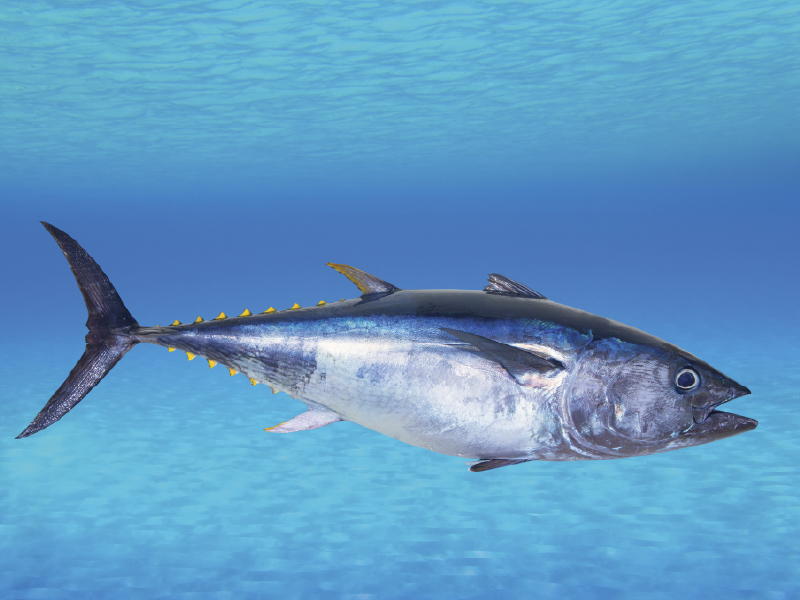
Southern Bluefin Tuna
Southern Bluefin Tuna
Bluefin tuna populations around the world have declined due to overfishing, which means we are catching them faster than they can reproduce and replenish their population. In fact, the population of southern bluefin tuna has already fallen by 85% compared to pre-fished levels, and since 2021 they have been on the International Union for Conservation of Nature (IUCN) Red List as an endangered species.
What can we do?
Learn about which types of seafood are more sustainable by following guides such as the WWF’s Sustainable Seafood Guide. If you are dining out, the Hong Kong Sustainable Seafood Coalition has a website that lists restaurants that participate in World Oceans Day to offer sustainable seafood. You should also check if sustainable seafood is served throughout the year.
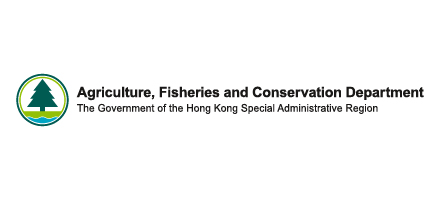
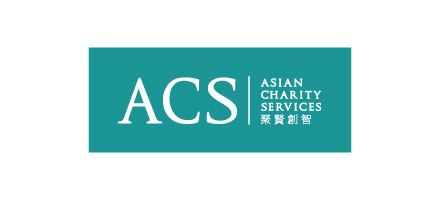
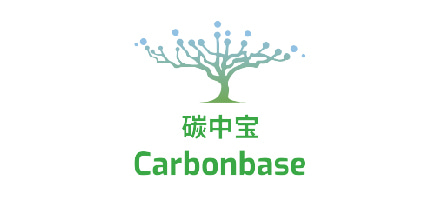
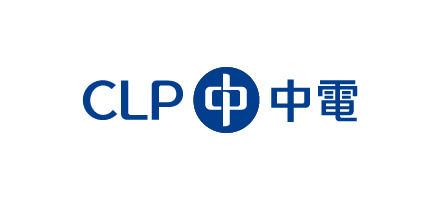
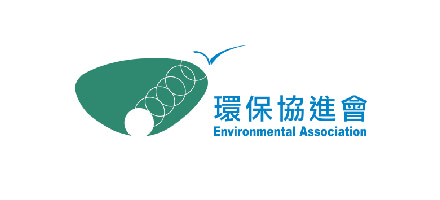
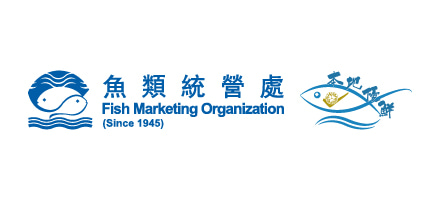
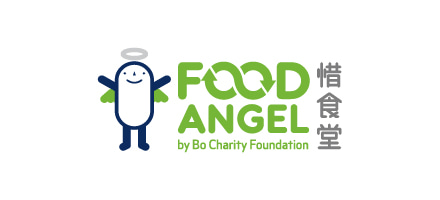
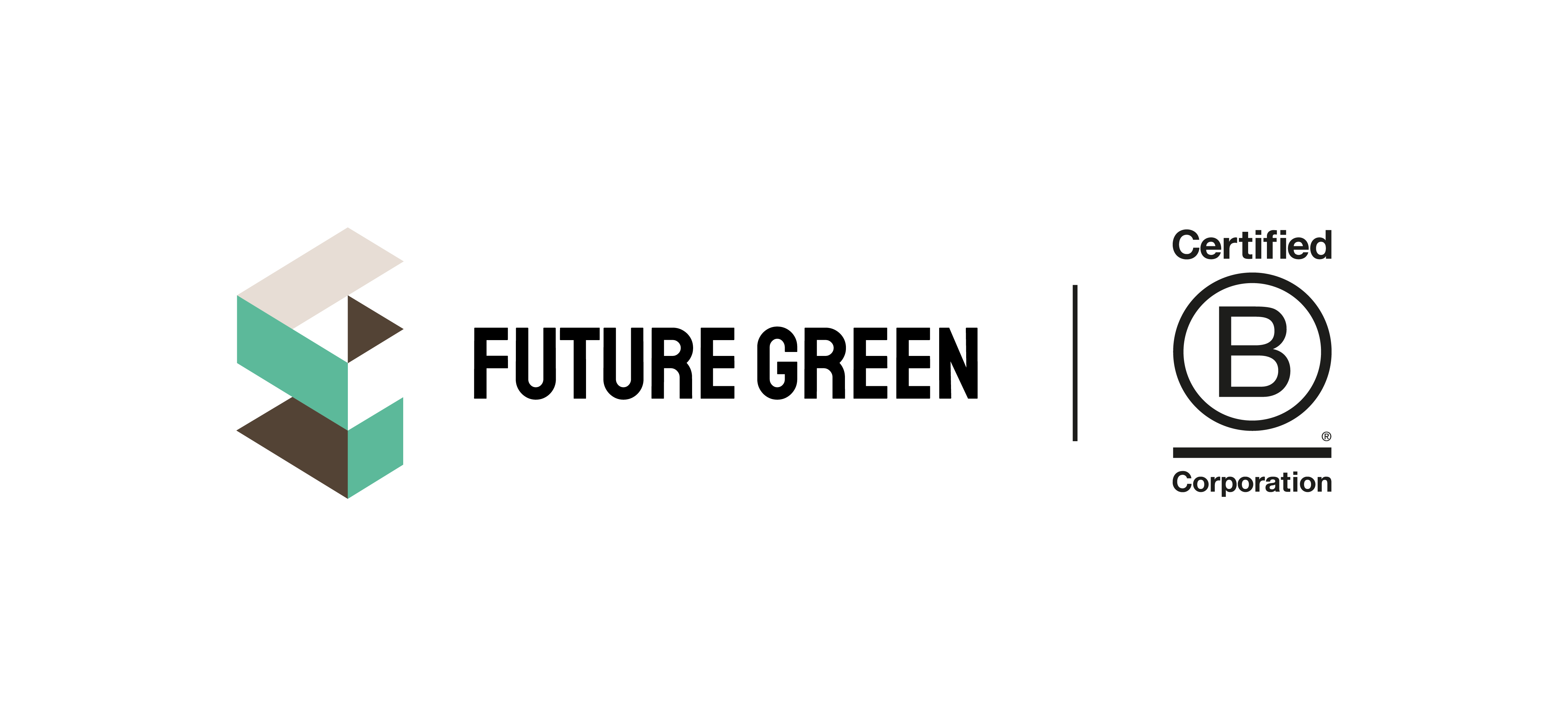
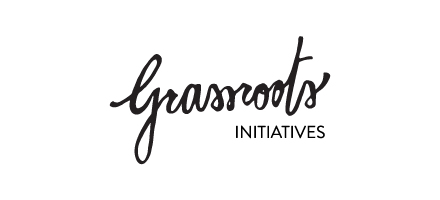
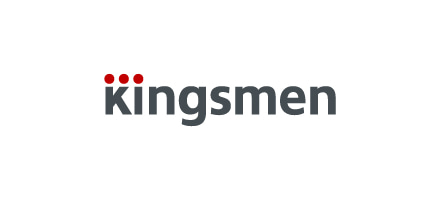
.jpg?rev=5eb1e72340d849088d6e3f69a2e389e5&hash=99A5017E1987A6D05E2DE324BFA967F3)
